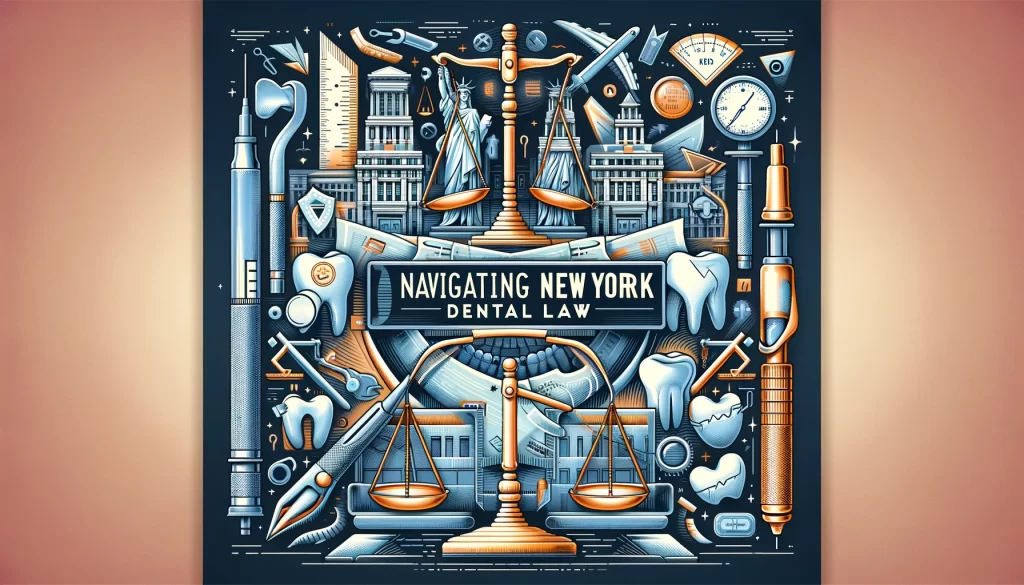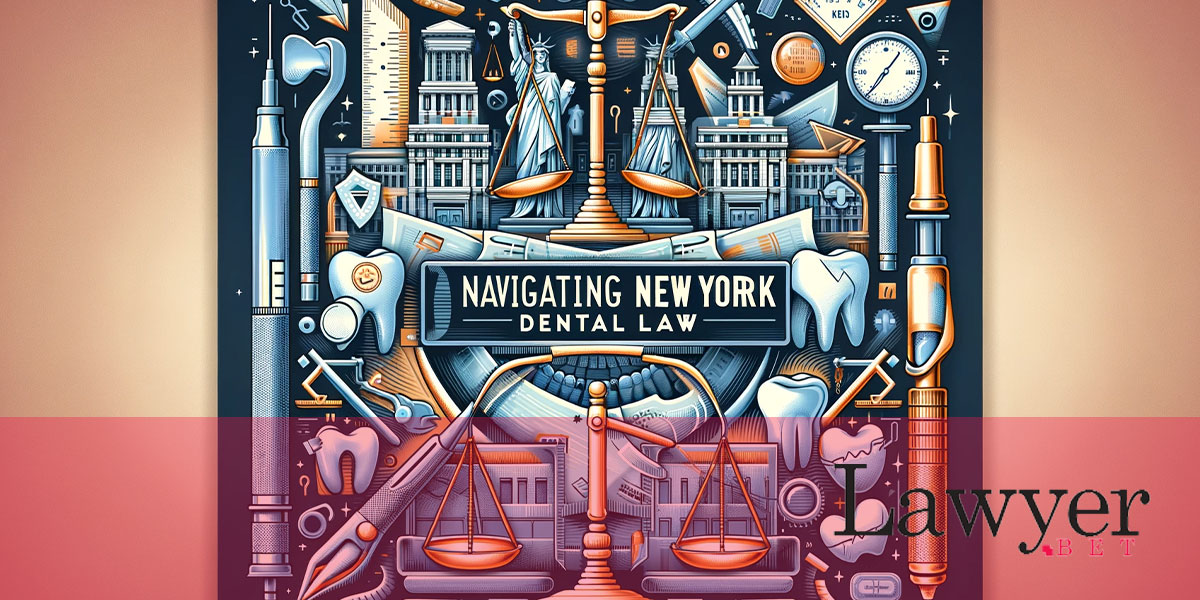Understanding the Intricacies of Dental Regulations in New York
Dentistry practice in New York State is governed by a set of strict regulations and standards aimed at ensuring top-notch patient care and professional ethics. For legal professionals specializing in New York dental law, having a deep understanding of these legal frameworks is crucial for offering sound advice to dental practitioners. This comprehensive manual explores the essential elements of dental legislation in New York, covering licensing requirements, practice standards, patient rights, and ethical conduct, with the goal of empowering legal experts to effectively navigate the complexities of these regulations.
Requirements for Licensing Dentists in New York
Becoming a licensed dentist in New York involves a rigorous and demanding process that reflects the state’s dedication to excellence in dental care. Prospective dentists must meet various criteria, including educational qualifications, passing examinations, and upholding ethical standards.
Educational and Examination Criteria
Obtaining a comprehensive dental education and successfully passing a series of exams that evaluate both theoretical knowledge and clinical skills are fundamental prerequisites for all dentists in New York.
Continuing Education and Professional Growth
After obtaining a license, dentists must engage in continuous education and professional development activities to ensure that their practice aligns with current care standards and technological advancements in dentistry.
Compliance with Regulations and Practice Standards
New York has stringent guidelines governing the operation of dental practices, encompassing aspects such as patient safety protocols, use of dental materials, and adoption of technologies to uphold the highest standards of patient care.
Ensuring Patient Safety and Infection Control
A crucial aspect of any dental practice is maintaining a strict approach to patient safety and infection control, with specific regulations dictating the sterilization of instruments and management of clinical environments.
Protecting Privacy and Patient Records
Adhering to privacy laws, especially concerning the handling and safeguarding of patient records, is a vital component of dental practice in New York, safeguarding patient information and fostering trust.
Professional Behavior and Ethical Standards
The integrity of dental practice in New York is maintained through strict codes of professional behavior and ethical standards that guide dentists in their interactions with patients, colleagues, and the community.
Addressing Professional Misconduct
In instances of professional misconduct, New York has clear procedures for investigating and disciplining offenders, ensuring the preservation of dental practice standards.
Championing Patient Rights
Central to dental practice is the advocacy for patient rights, with dentists and legal professionals collaborating to ensure that patients are well-informed, consenting, and receiving care that aligns with legal and ethical standards.
In Conclusion: Upholding Dental Practice Standards in New York
The landscape of dental law in New York is intricate, reflecting the state’s commitment to excellence in dental health and patient care. A profound understanding of these laws is essential for legal professionals advising in this field. This guide offers a foundational overview, but continuous learning and engagement with the dental community are imperative for staying informed about developments in this dynamic legal area.

Mastering Dental Regulations in NYC: Essential Insights
Deciphering Dental Regulations in NYC
For dental professionals practicing in New York City, a thorough understanding of the regulations governing the industry is paramount. NYC has specific rules and guidelines that all dental practices must adhere to in order to ensure compliance and deliver quality care to patients.
Key Regulations to Keep in Mind:
- Licensing Requirements: Dentists, dental hygienists, and dental assistants must hold licenses from the New York State Education Department to practice in NYC.
- Infection Control Practices: Dental offices must adhere to strict protocols for sterilization and disinfection to prevent the spread of infections.
- Patient Records: Dental practices must maintain accurate and up-to-date patient records in compliance with HIPAA regulations.
- X-ray Safety: Proper safeguards must be in place to protect patients and staff from unnecessary radiation exposure during X-ray procedures.
- Insurance Billing: Dental practices must bill insurance companies accurately and ethically to avoid fines and penalties.
Advantages of Compliance:
By mastering NYC dental regulations, dental professionals can ensure the safety of their patients and staff, steer clear of legal issues, and uphold a positive reputation within the community.
Practical Strategies for Compliance:
- Stay informed about regulatory changes by attending continuing education courses and workshops.
- Establish written policies and procedures for your practice to ensure consistency in compliance.
- Regularly assess your practice to identify areas of non-compliance and take corrective action promptly.
Case Study:
Dr. Smith, a dentist in NYC, recently invested in new sterilization equipment to comply with updated infection control regulations. Consequently, her practice experienced increased patient satisfaction and referrals.
Personal Experience:
As a dental hygienist in NYC, I have found that staying informed




